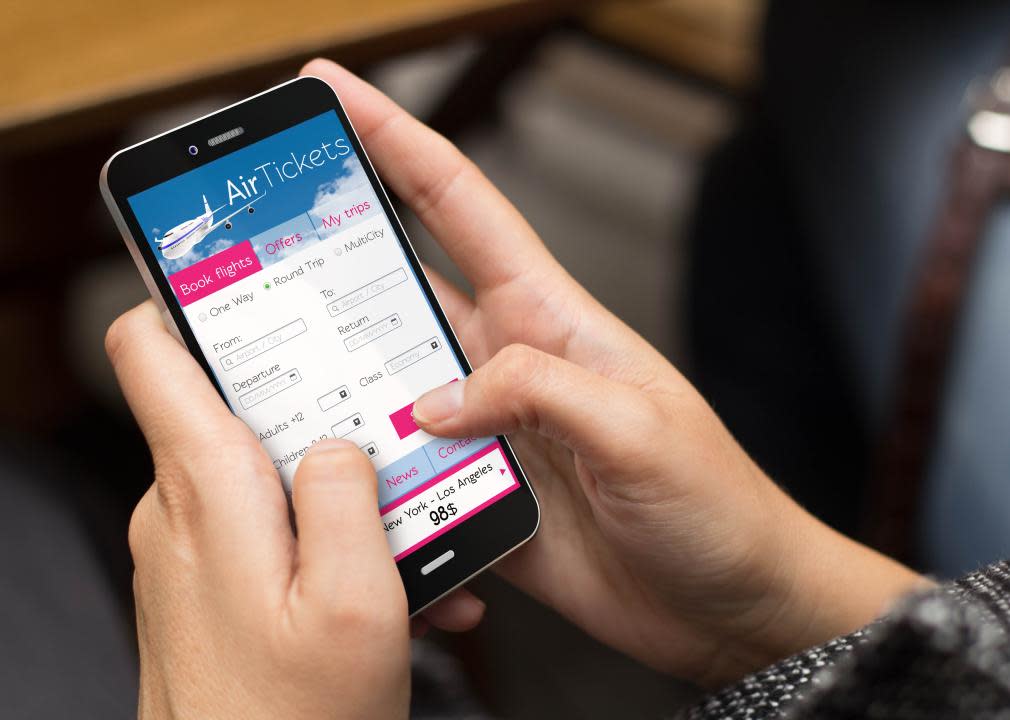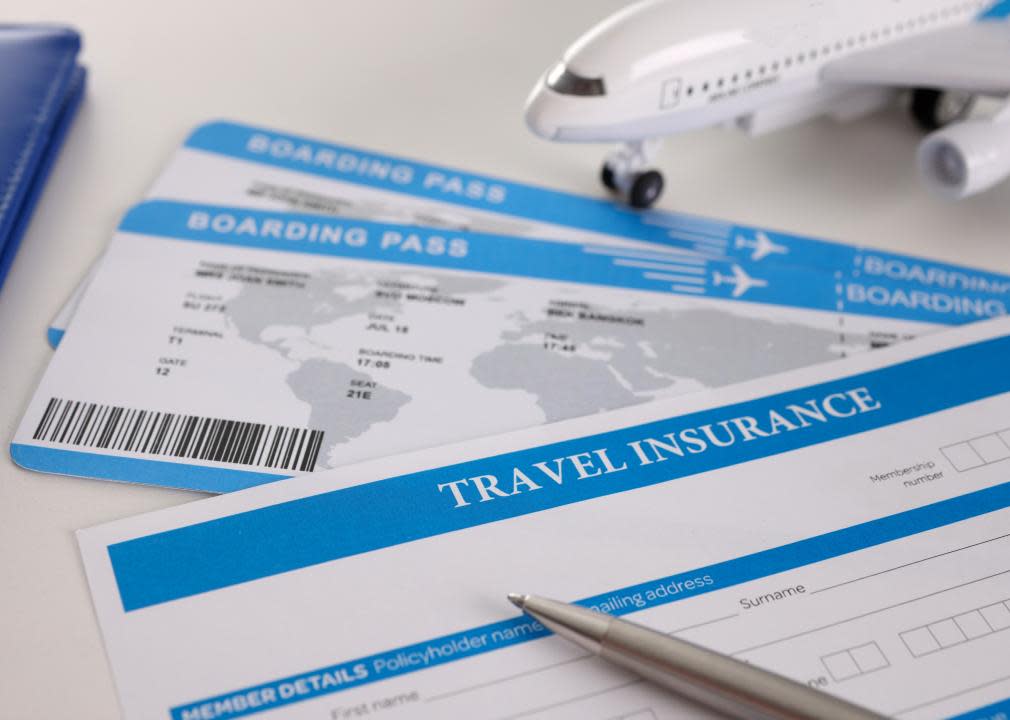
It may be hard to imagine (or remember), but before the Internet era of the mid-1990s, when companies began creating websites to advertise and sell products, travelers rarely booked their own trips. Travel agencies were plentiful; In 1990, the Bureau of Labor Statistics reported that 132,000 people were gainfully employed in the profession. In 2022, that number has been cut in half, to 66,300.
Although some people still prefer to have a professional book their trips, the vast majority of travelers today do the work themselves. This involves browsing several different websites that fall into two categories: direct bookings and third-party online travel agents.
When travelers book directly with an airline like Delta Airlines or a hotel like Marriott, the reservation contract typically gives travelers more recourse should a problem arise during travel. On the other hand, people like to use OTAs like Expedia, Orbitz, or Travelocity because they can better compare prices and features on a wide range of travel products, all in one place. However, booking with an OTA makes it more difficult to change plans during a trip, since travelers are essentially working with a middleman in the booking process.
No matter what type of travel booking site is used, if travelers are not careful, they could end up wasting money, time, and energy when booking their next vacation. Stacker researched the best travel booking tricks to compile this list of five of the biggest mistakes you can make when booking travel plans.
You may also like: Be Fooled at the 6 Most Haunted Airports in the US




Book flights without consulting historical data
Contrary to popular belief, there is no cheapest day of the week to buy flights. The best way to save money on a plane ticket is to think like an airline. Flight prices change daily and sometimes hourly, depending on several factors. Some of the things airlines use to set prices are oil prices, seasonal demand, competitor prices, and historical flight booking data.
To save money when purchasing flights, check historical price data, just like airlines do. There are several websites that will give you information on flight prices, including Hopper, Skyscanner, and Google Flights. These companies will often let you know if the current price is likely to be the lowest you can get on a particular route. They will also tell you when it is best to wait for a better offer.


Do not take advantage of browser privacy settings to book trips
Travelers need to research their upcoming trips by checking out flights and hotels, but in many cases, all that research is used against them. According to a study by KnownHost, a hosting services company, travel companies such as Booking.com, American Airlines and Priceline use browser cookies to monitor whether a visitor has repeatedly visited a specific part of their website. They use that data to increase prices by up to $250 for repeat visitors.
If you’ve been considering a specific flight or hotel, you may be quoted a much higher price when you’re ready to book. To avoid paying an inflated price, browse the web privately. Google Chrome features an incognito mode, while Firefox allows you to open a private window. There is some version of private browsing in the main web browsers. Enabling this feature while comparing prices makes a website think you are a new visitor and will offer you the best price.


Book a hotel without playing with the dates
Just like flight prices, hotel prices can fluctuate greatly. This is usually related to seasonal trends, local events that increase demand, and the hotel’s occupancy rate at the time you book your stay. Even if your travel dates aren’t flexible, it’s important to play with the dates when booking a hotel. This is because sometimes a hotel’s weekly rate can be less expensive per night than the rate for a stay lasting less than a week. Or, you may get a better deal if you start or end your reservation on a different day. Be sure to use an incognito browser while you watch!


Not organizing your itineraries
It can be overwhelming to keep track of all the moving parts when booking a trip, especially if the vacation involves visiting more than one city. Keep track of every part of an itinerary by organizing it with a trip planner. Most trip planners work when you send flight, hotel, and even tour confirmation emails to a trip planning app like TripIt, TripCase, or Wanderlog.
These apps will organize plans by day and even by hour. They are especially useful when it comes to helping travelers spot potentially costly mistakes, such as being double-booked for one day or forgetting to book accommodation after arriving late at night. Seeing all your plans in one place can help you troubleshoot before you start your trip. During your trip, you can consult the outline to keep track of all your plans.


Skip travel insurance
When traveling, especially outside your home country, purchasing travel insurance is an important last step to give you peace of mind about your upcoming vacation. These travel insurance policies can cover everything from small inconveniences, such as luggage delays, to serious accidents or emergencies.
If you need emergency medical care when you’re away from home, the right travel insurance policy could cover anything from surgery to flight cancellations. It’s the type of expense that you’ll hopefully never need to use while traveling, but can be a lifesaver in case something unexpected happens to you. Compare travel insurance policies on a website like SquareMouth to get multiple quotes on the types of policies that work for you.
Story editing by Carren Jao. Text editing by Tim Bruns. Selection of photographs by Clarese Moller.
You may also like: A look at the future of luxury air travel, from groundbreaking privacy to supersonic flight


